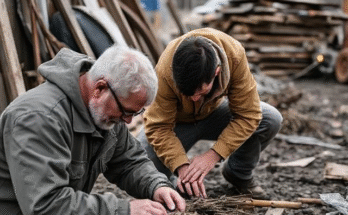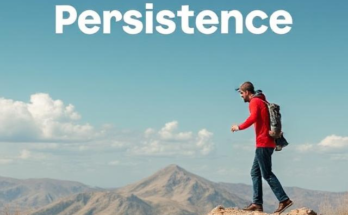Understanding the Significance of Ramadan
While Ramadan is cherished by Muslims around the globe. Its a time for great spiritual search, extensive worshiping and a way to become more involved in ones bond with Allah.
This month the gates of heaven are open, and the gates of hell incumbent which offers a unique opportunity for forgiveness and spiritual improvement for Muslims.
Ramadan fasting goes back to the time of Prophet Muhammad (PBUH). It was this month in which the first verses of the Quran were revealed to him.
The benefits of fasting and self-reflection
Ramadan’s fast is more than just refraining from food and drink. It is a comprehensive self-development scheme both physically, mentally, and spiritually. By abstaining from worldly pleasures do Muslims experience self-control, empathy for those in destitution, and an awareness of life’s blessings. Besides,
Ramadan is a time for self-evaluation and revitalization, the advancement of relationship with Allah, and exercising appreciation. Through prayer, charity, and generally being good human beings, Muslims practice the values of compassion and generosity, creating a sense of both unity and community.

Physical Preparation for Ramadan
As we get close to Ramadan, it may be useful to gradually get your body ready to adapt to the changes in eating habits. Start by cutting the portions of your meals and not too much snacking post meals. It can also help you ease into fasting a bit easier on your body.
Convienent fact: nighttime hydration becomes all the more important during Ramadan for those living in hot climates. In the weeks before Ramadan, drink more water, and keep doing it during non-fasting hours.
During suhoor (pre-dawn meal) and iftar (breaking of the fast), choose foods that are high in water content to help you stay hydrated throughout the day.
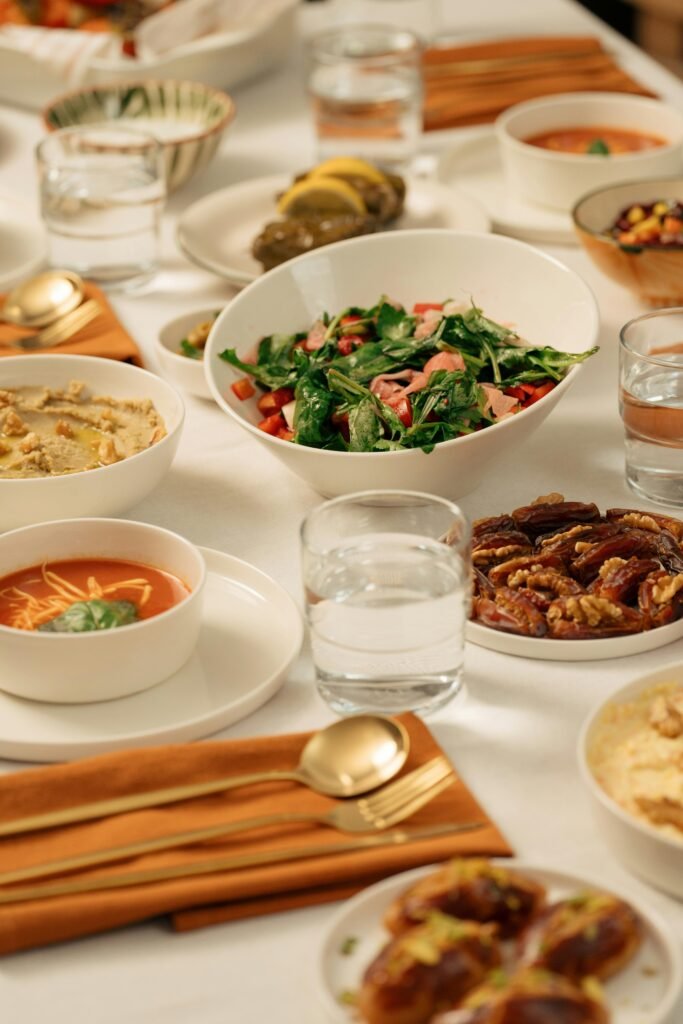
Sleep schedule adjustments for optimal energy
Ramadan sees many people getting less sleep than their usual because of late-night prayers (Taraweeh) and early morning meals (Suhoor). In the days leading up to the month, it can help to shift your sleeping schedule; and to make it easier to acclimatize, to prepare your body. It may be easier for your body to adjust if you stay on a regular sleep schedule.
You sleep more than others to see enough wake up the following day used and understand you had a decent sleep since lack of good sleep (even that too sleep will be for long) is one reason behind people feeling tired and lacking concentration. Also, create a relaxing pre-sleep ritual, reduce screen time before bed, take convenient naps when necessary, and these will all assist to maintain your health and well-being during your fasting window.
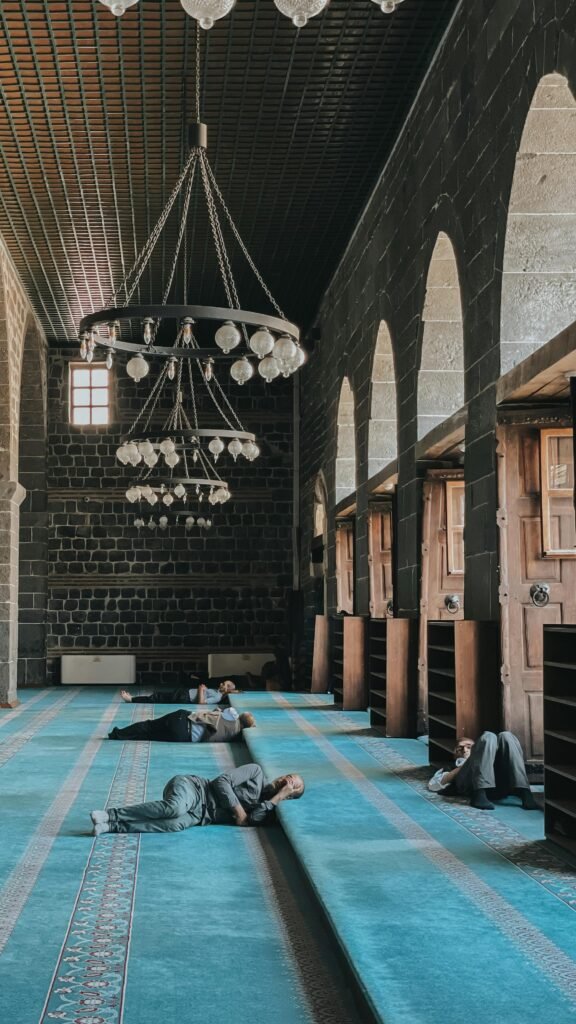
Mental and Emotional Readiness
Take a moment to think about what you want to achieve during this Ramadan. Define your spiritual goals, personal goals or habits that you want to develop. Whether that’s your relationship to faith, improving a virtue, or finding reasons to be thankful, having specific intentions can keep you focused and motivated over the month. Documenting your goals and reviewing that list with some regularity is a strong reminder of why you are here.
You can always practice patience and self-control during the holy month of Ramadan. It is a season of self-discipline, not only in giving up food and drink, but in sharpening your thoughts, words and actions. Start identifying the areas in your life in which you may be more restrained — losing your temper, gossiping instead of sharing things with people in a positive way, just controlling your urges in general about communicating with people. During the fast make a conscious effort to exercise these positive traits. Every time you resist even the slightest urge, and there will be many, it becomes a form of prayer, building your inner calm and fortitude.
Ramadan promotes compassion, sympathy, and charity. While you focus on self-development, spend time showing kindness to the people around you — whether it’s through charity, lending a helping hand, or even just some words of affirmation. Simple acts of goodness have the potential to make a great impact the people around you and strengthen the meaning of community and mercy that happens through Ramadan.
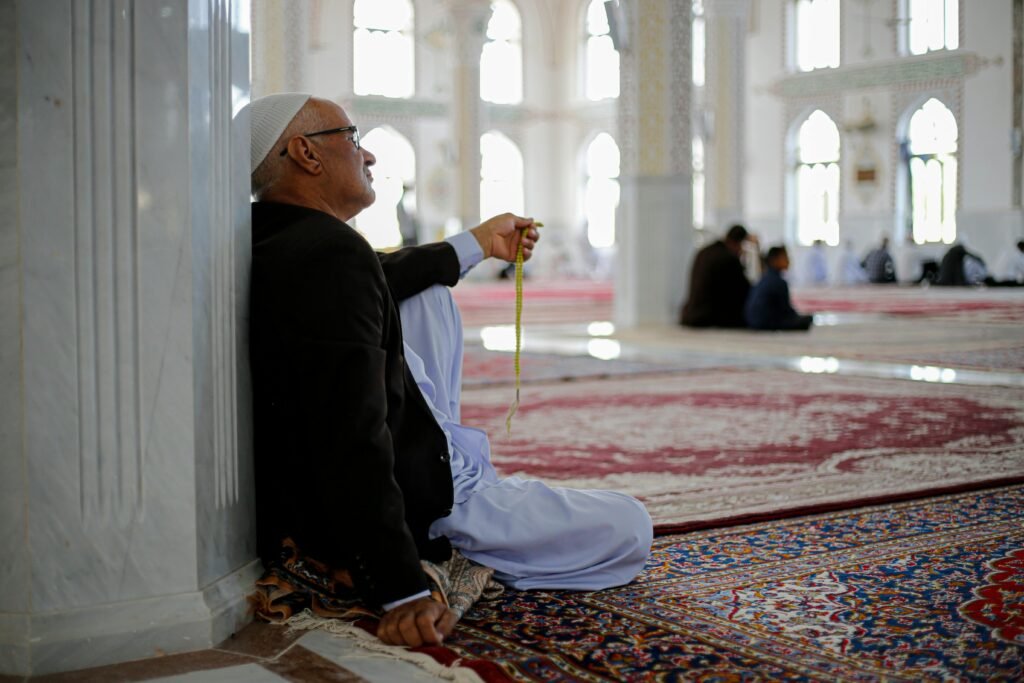
Spiritual Preparation
In the weeks before Ramadan, begin to increase your recitation of the Quran. Devote time daily to read and reflect regarding the teachings of Quran. By making an effort to engage with the Quran prior to the month, your heart and mind are prepared for the spiritual journey of Ramadan while also taking you closer to the One who has blessed you with another opportunity to engage with Him. To help deepen your recitation, consider getting a group of people together (perhaps in your building, house of worship, or online), to help your understanding of the holy text.
Define your prayer regimen and improve it before Ramadan. Do your prayers correctly, with conviction. Then do try to gradually increase your sunnah and nafl salaat with the aim to once again become accustomed to praying them in your day-to-day life. Knowing your prayer habits and strengthening them beforehand will be helpful with consistency and devoutness during Ramadan.
Ramadan is a period of reflection and spiritual renewal. Before the start of the month, initiate the process of self-reflection and forgiveness with others. You might want to ask yourself these questions. It could mean asking Allah for forgiveness, as well as forgiveness from those around you, because whatever grudge or bad thing still lingers in your heart, you will not able to enjoy the gives that you have during Ramadan.
Also, make this time a chance to build good habits in the spirit of Ramadan. Limit distractions, curb frivolity, and be charitable and nice. Maintain self-control over what you say, think and do so you enter Ramadan with a cleansed heart and focused mind. If you take small, consistent actions now, it will be much easier to maintain these habits during the holy month and beyond.
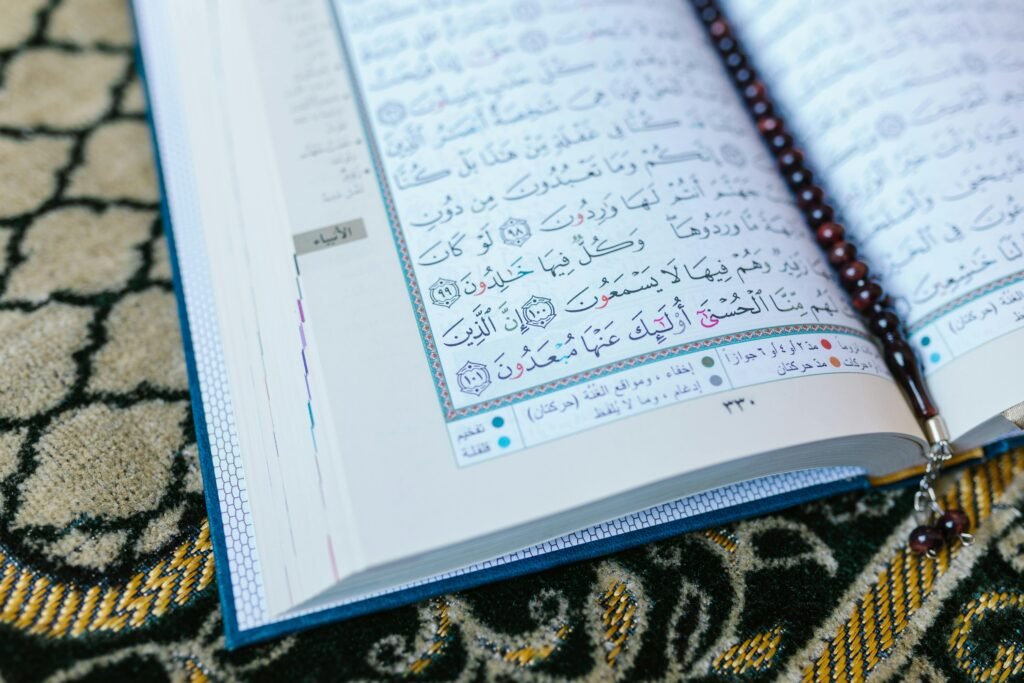
Practical Preparations for Daily Life
Organizing your work and personal schedule
Organize your work life and personal schedule to fit with Ramadan’s special timetable. Keep your employer or colleagues updated on the changes you’re making to your work schedule or duties. Make sure your daily tasks allow you to have time for worship, rest and family. Avoid trying to do everything as that might prove to be a bit overwhelming and as such: Focus on the things that need to be done, and that you can actually achieve.
Also, the quiet times in your day are opportunities for reflection and to reconnect spiritually. Take advantage of early mornings or late evening time frames for deep focus and important things when energy levels are elevated. Add brief breaks to pray, meditate, or remember to stay reinvigorated and focused during the day. With regular time management, you can be a complete professional as well as a personal life while enjoying the spiritual leeways of Ramadan.
Meal planning and grocery shopping tips
Devise a Suhoor and Iftar meal plan Stock up on the most essential ingredients and be sure to make some meals ahead of time to save time on the busy evenings. This way nobody gets tired, you can digest better and no last minute bad meals! Prioritize including complex carbohydrates, lean proteins, healthy fats, and hydrating foods to keep you filled up during the fasting hours.
You can devote your time to prayers, reflections, and family gatherings, without worrying about cooking every day because you have planned your meals beforehand. Cook-ahead soups, protein marinades and chopped vegetables make everything easier.
Drinking sufficient water and hydration drinks during the non-fasting hours also plays an important role in maintaining health and fitness during the holy month.
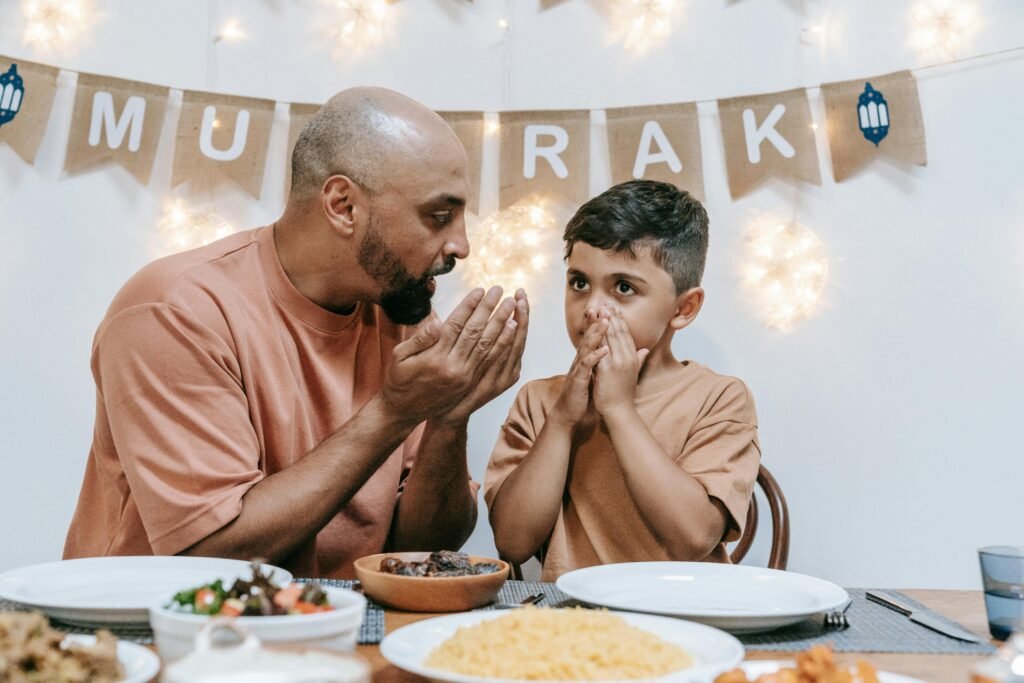
Participating in communal iftars and taraweeh prayers
Visit communal iftars, Taraweeh prayer at the mosque These meals provide a sense of community and togetherness during Ramadan — an opportunity for spiritual growth and shared purpose.
Sharing iftar with fellow worshippers fortifies connections, inspires goodwill and reinforces the need for thankfulness. when performed in congregation these prayers create a wonderful sense of tranquility that one cannot leave without feeling. Sharing these communal aspects of Ramadan, bolsters the blessings of the holy month and affirms the values of compassion, patience and devotion.
Maintaining family and social connections during the month
It is a time of year that comes once a year and a busy month, yet it is an essential month to strengthen ties and woo family and social ties. Arrange family iftars, contact friends and relatives, and use the festival as an excuse to call friends you may not have spoken to for some time. Little acts of compassion and community can strengthen bonds and bestow great blessings in this holy month.
Take those opportunities, to not only share a meal, but also to talk about life, help others who might need it, and just create memories with the people you love. Ramadan is not limited to a personal level or a spiritual growth instead it is also about creating and expanding community and unity.
Are you ready for Ramadan: best tips for Ramadan https://youtu.be/0j7A9NvUSmE?si=YMU4RuU7f9Wqx1VW
The Importance of Du’a During Ramadan
Along with the significance of du’a (supplication) in Islam, it becomes even more important when it comes to the holy month of Ramadan. These holy days are not just for fasting, but for asking for Allah’s mercy, forgiveness and guidance through simple prayers. The Prophet Muhammed (peace be upon him) emphasized this point by stating that du’a is worship. Your supplications are more likely to be accepted when the gates of mercy are open, and the devils are shackled (during Ramadhan).
Among the times that du’a is most revered at is when fasting, or specifically also at the moment of iftar: when breaking fast, and the last third of every night. These are also the times when Allah’s mercy descends, and therefore, believers shall turn to Him for help in everything — worldly and spiritual.
Make a daily habit of du’a for ramadan and don’t forget to make du’a for your self and all Muslims in the world.
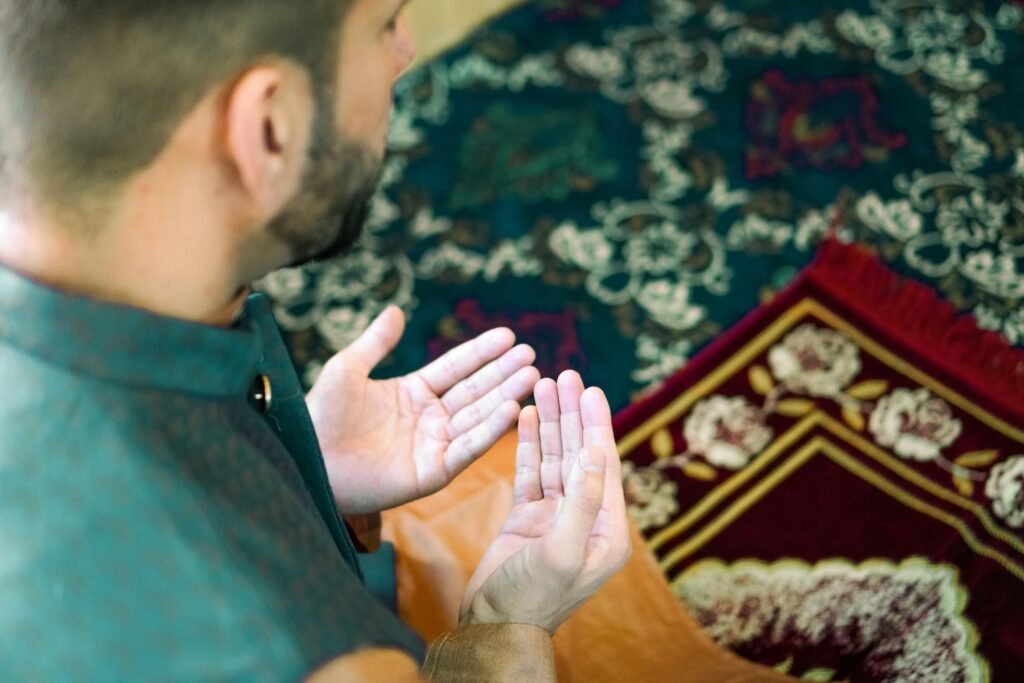
Summary
Preparing for Ramadan is a holistic approach to every aspect of physical, mental, spiritual, and practical life. One of the greatest blessings of Ramadan is that it serves as a reset button. With slow progress in habits and a clear mind, however, prepare yourself mentally to make this month the most rewarding that it can actually be!
Do not forget that Ramadan does not mean starving from food and drinks, it means feeding your relationship with Allah, your relationship with your community, your relationship with yourself.

